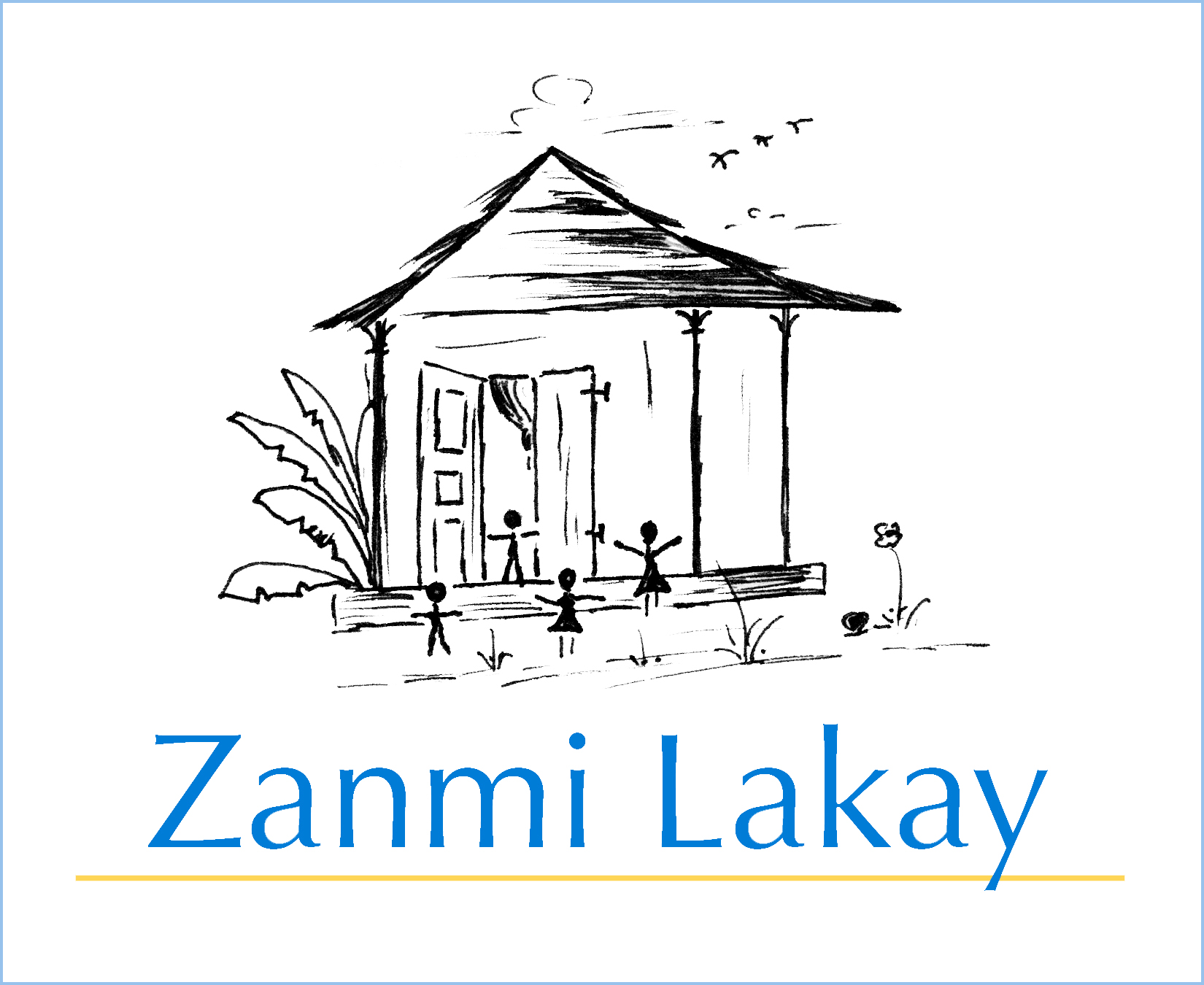MISSION
Zanmi Lakay is a non-profit organization dedicated to improving the quality of life for vulnerable at-risk youth in Haiti by providing educational and economic opportunities and resources to help them build a better life for themselves and their families.
How Zanmi Lakay Began…
During my first trip to Haiti in 1997, I lived at Lafanmi Selavi, a home created for street children by Jean-Bertrand Aristide in 1986 when he was still a parish priest. Close to 500 children found their way to Lafanmi Selavi for a variety of reasons. Some were orphans or abandoned, others had been abused, many families could not afford to take care of their kids, and many were restaveks or child slaves. I took their pictures and got to know them during the years I worked on my documentary project and held Photography Workshops.
When Lafanmi Selavi closed in 2000, many children no longer had the opportunity to go to school, a place to sleep, food and clothing, sports, music, art, or a family that their former home provided. Street life was harsh, miserable, and dangerous and they needed help. They wanted to go to school, a place to live, to be safe, and to contribute to society. Zanmi Lakay was created because of the growing needs of street children in Haiti, and the seed was the Photography Workshops. My inspiration was the book, Shooting Back, a successful project founded by Jim Hubbard while he was working with homeless children in Washington D.C.
Haiti has been plagued by political violence for most of its history. In the context of extreme economic and political instability, the vulnerability of children rises significantly.
–Haiti is almost exactly the same size as Massachusetts, with a population of over eight million people; Massachusetts has 6.4 million. But per capita income in Haiti is under $400, compared to nearly $42,000 in Massachusetts.
–Haiti’s early history is slavery, succeeded almost continuously by even more brutal tyranny. As a result, 80% of Haitians live in abject poverty, at least 60% are illiterate, and two thirds have no formal employment.
–Over forty percent of the population is under the age of 15. According to UNICEF, more than 173,000 Haitian children are domestic workers (restaveks), 3,000 have been trafficked in the Dominican Republic, and 200,000 have lost one or both parents to AIDS.
–Many schools charge tuition, plus the costs of books, uniforms, food, and transportation. There are small group homes in Port-au-Prince, as well as food programs, and various NGOs that are helping street children. But the number of street children is estimated at 9,000-250,000, and obviously assistance is pitifully inadequate.
If the children of Haiti have no future, neither does their country. Our purpose is to give some of those children a chance. We hope others who share their hemisphere will help us.
Jennifer Pantaléon
Executive Director, Founder


